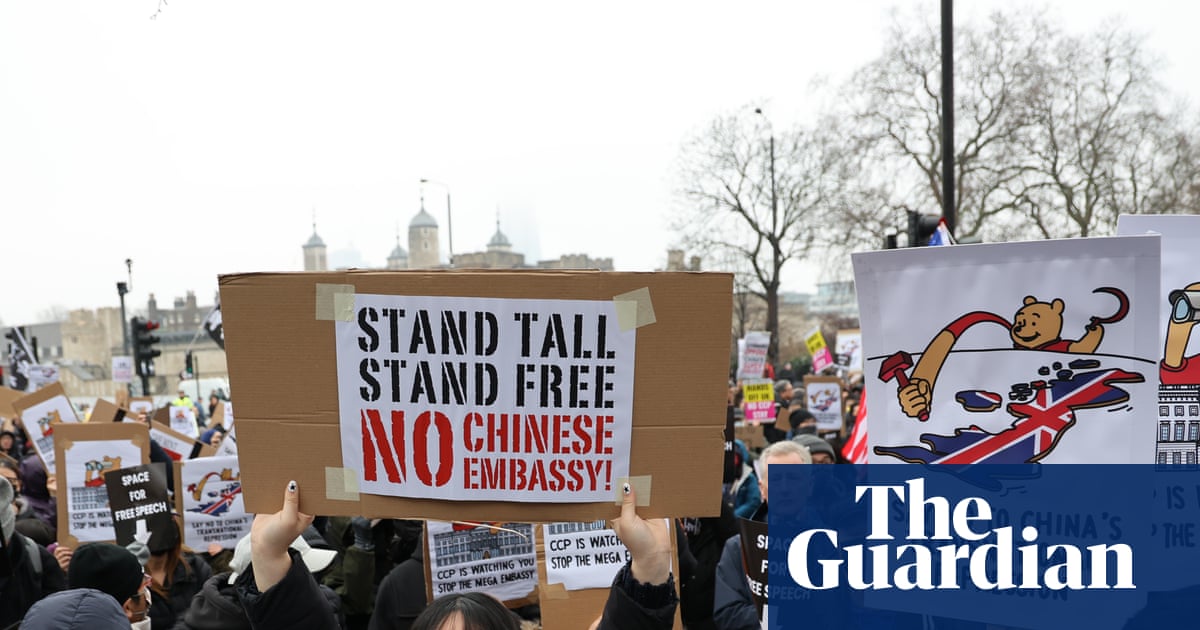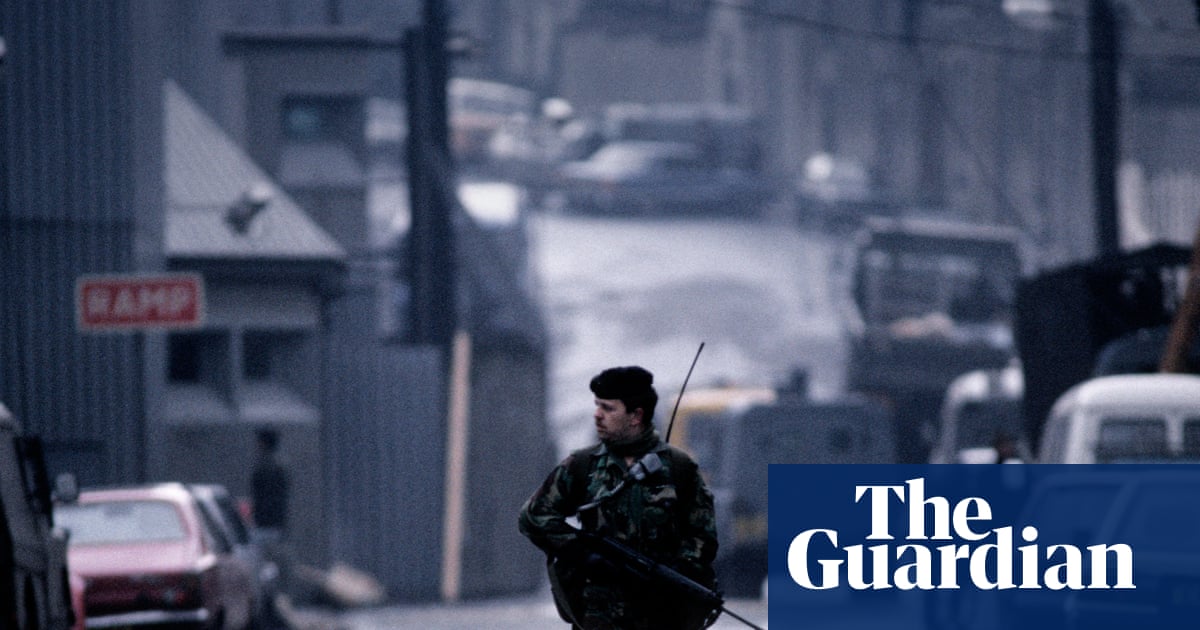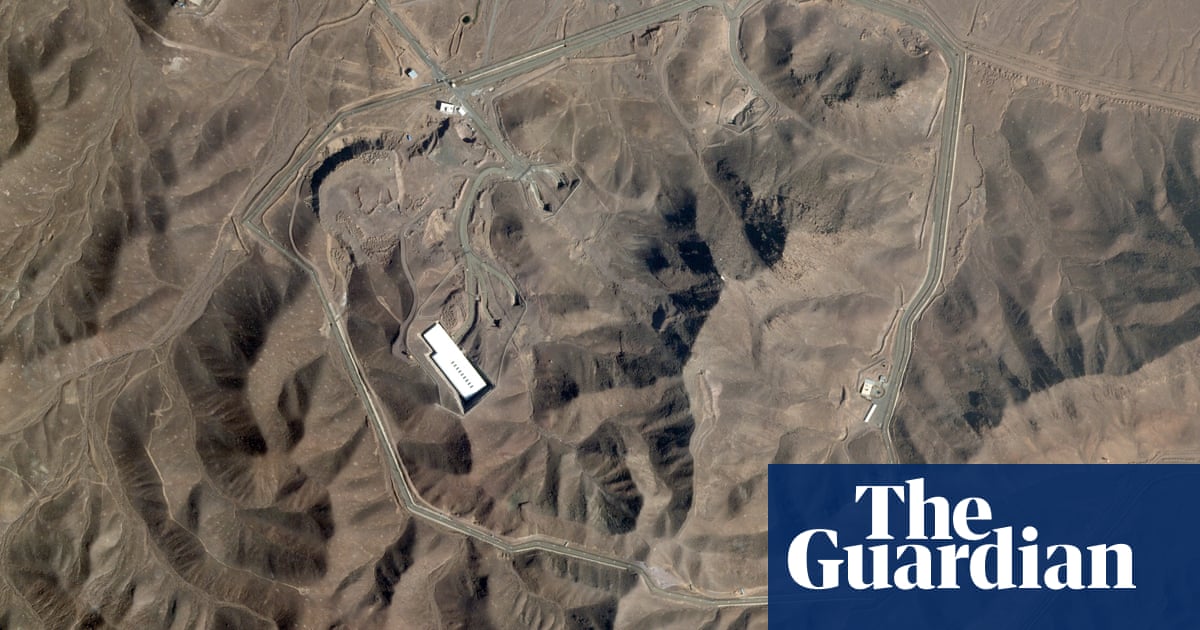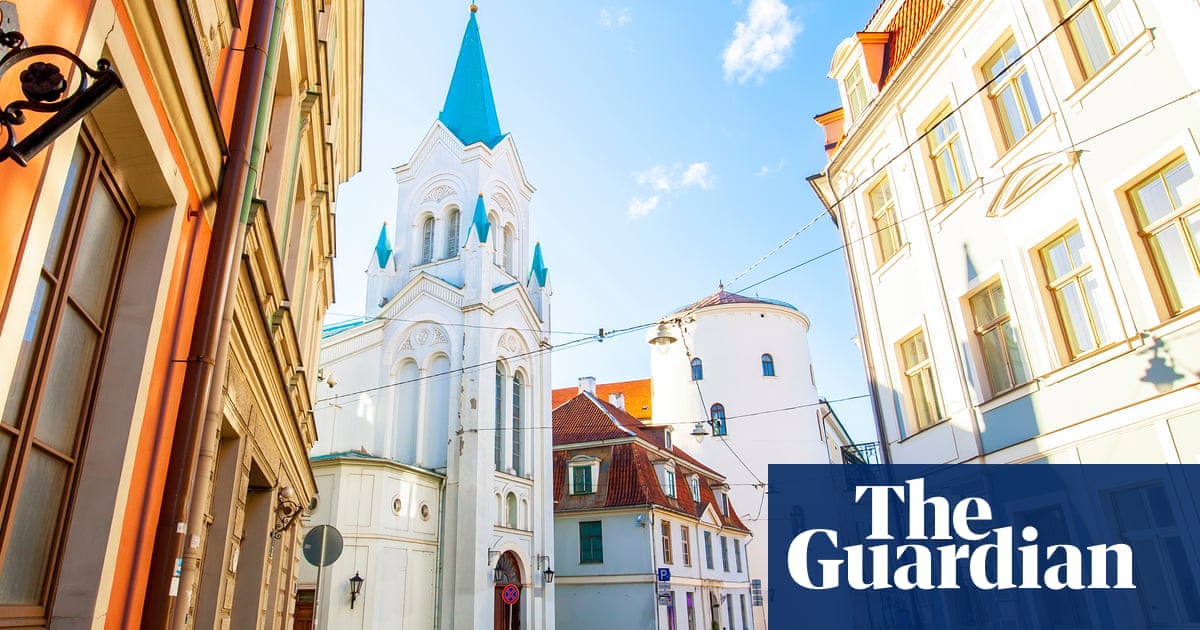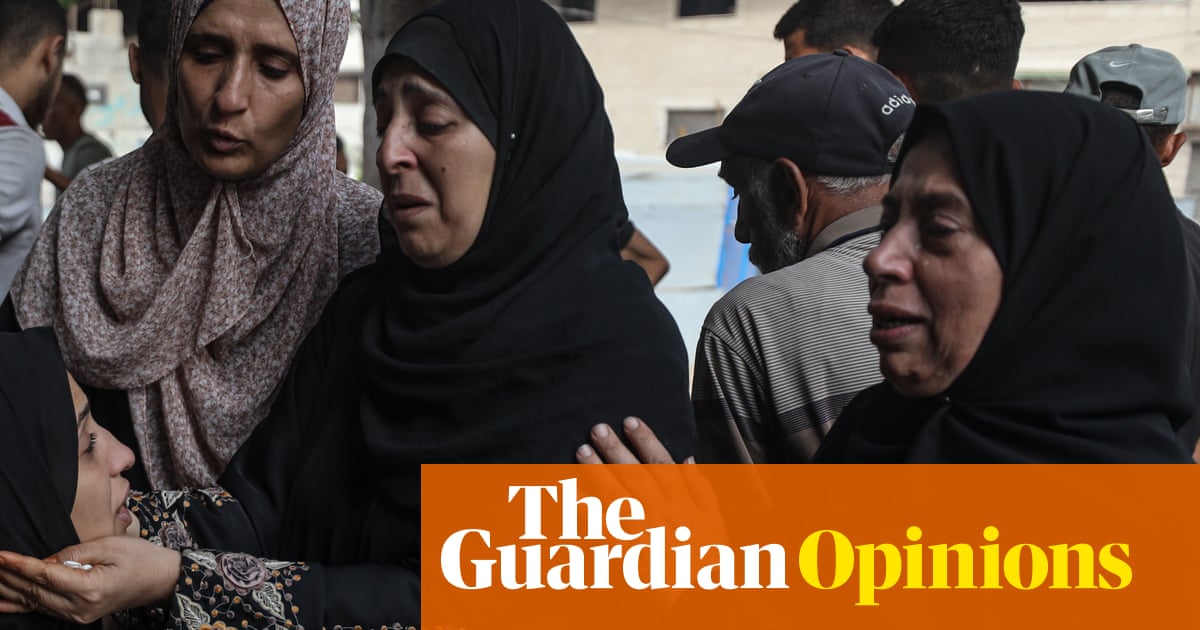When I was leaving London for Melbourne, my eldest sister-in-law told her kids not to forget the “tradition” – to throw a bowl of water behind me as I stepped out the door. Just a small splash on the ground, a gesture older than borders. “La har azaab po aman se,” she whispered in Pashto under her breath – may all hardship stay away from you. The little ones giggled and waved their goodbyes as they spilled the water, somewhere between shy and amused.
My mother used to do this too, back in Afghanistan. Every time I left for a journey, especially international ones, she’d quietly follow me to the gate with a bowl of water, whispering prayers I couldn’t always hear. But this moment, between two western cities, with children growing up in a world so far from where that habit began, felt different. It was softer. Bittersweet. Like watching an old song being hummed in a new language.
I grew up between Kabul and Karachi; two cities that always felt like they were on the edge of something. One broken by war, the other always just holding itself together amid all sorts of hardships of a city outgrowing itself but starved of resources and infrastructure. In both, I learned that people survive not just through faith but through the small things they do when no one’s watching; the quiet rituals and little beliefs that live in everyday life. They’re not loud, not official. But they’re full of love and hope.
I saw it all around me. In the way my grandmother would suggest a black cloth by the door after someone recovered from illness or we bought something “precious” – to keep the evil eye away. In the way my aunt would burn esfand herb above her children in a pot when they came home from a wedding or party looking too beautiful and getting too much attention. In the way my other sister-in-law would put a tiny black dot behind her baby’s ear when he smiled too much – just to hide some of that beauty from the world. “People are not very nice and too much goodness invites jealousy and negativity,” she’d say. “It’s better to be a little hidden.”
Drawing on my own encounters, I’ve come to see how these seemingly small gestures – the fragrant smoke of esfand to lift heaviness, the rhythmic pull of qawwali, the quiet assurance of a taweez tied around a wrist – hold more than superstition. They carry virtues: grounding, comfort and a deep sense of protection. None of these things were in any book of religion. No one ever sat down and taught them. They were just picked up, like pebbles from the ground, passed from women to girls, from grandmothers to mothers to daughters – and sometimes to sons who were paying attention.
Even the most religious people I know – people who prayed five times a day, who fasted every Ramadan, who could quote the Qur’an by heart – still do these little things. They didn’t see them as separate or wrong. Just part of faith and tradition woven together into everyday life, to feel safe and at peace.
When I moved to Melbourne, I carried some of those things with me. Not in boxes but in habits. I still whisper Ayatul Kursi before a flight, even if I’m late and running through the airport. I still avoid sweeping the house at night, not because I’m scared but because I remember my mother saying, “You’ll sweep away your blessings”.
Sometimes I think these little rituals stayed with me more than the big teachings. Not because they were more important but because they were more personal. More human. They helped us make sense of a world that often didn’t make sense. Especially back home where things could change overnight, where life was unpredictable, where people had lost so much.
And they remind me that spirituality itself isn’t rigid dogma. It’s a living, breathing practice, woven into daily life. It takes on local colours while pointing to something universal. I’ve seen echoes of it elsewhere in the chanting circles of Indigenous Australians, where voices rise together in rhythm and prayer; in the protective rituals of other communities, each finding its own way of asking for peace. Across cultures, people reach for these small, invisible shields.
I still remember the trees outside a mosque in the bazaar of Kabul. People used to tie little strips of cloth to its branches; one for each prayer they made.
Because these rituals are more than just old habits. They are threads that connect us to our past, whispers of love carried across generations and subtle ways of finding peace in a world that so often feels chaotic. Maybe one day, they will fade. Maybe the children who threw water behind me in London won’t pass the tradition on to their own kids. But as long as we live, humans will search for these quiet, innocent acts of hope and protection gestures that don’t always make sense on paper but make all the difference in the heart.

.png) 3 hours ago
3
3 hours ago
3



